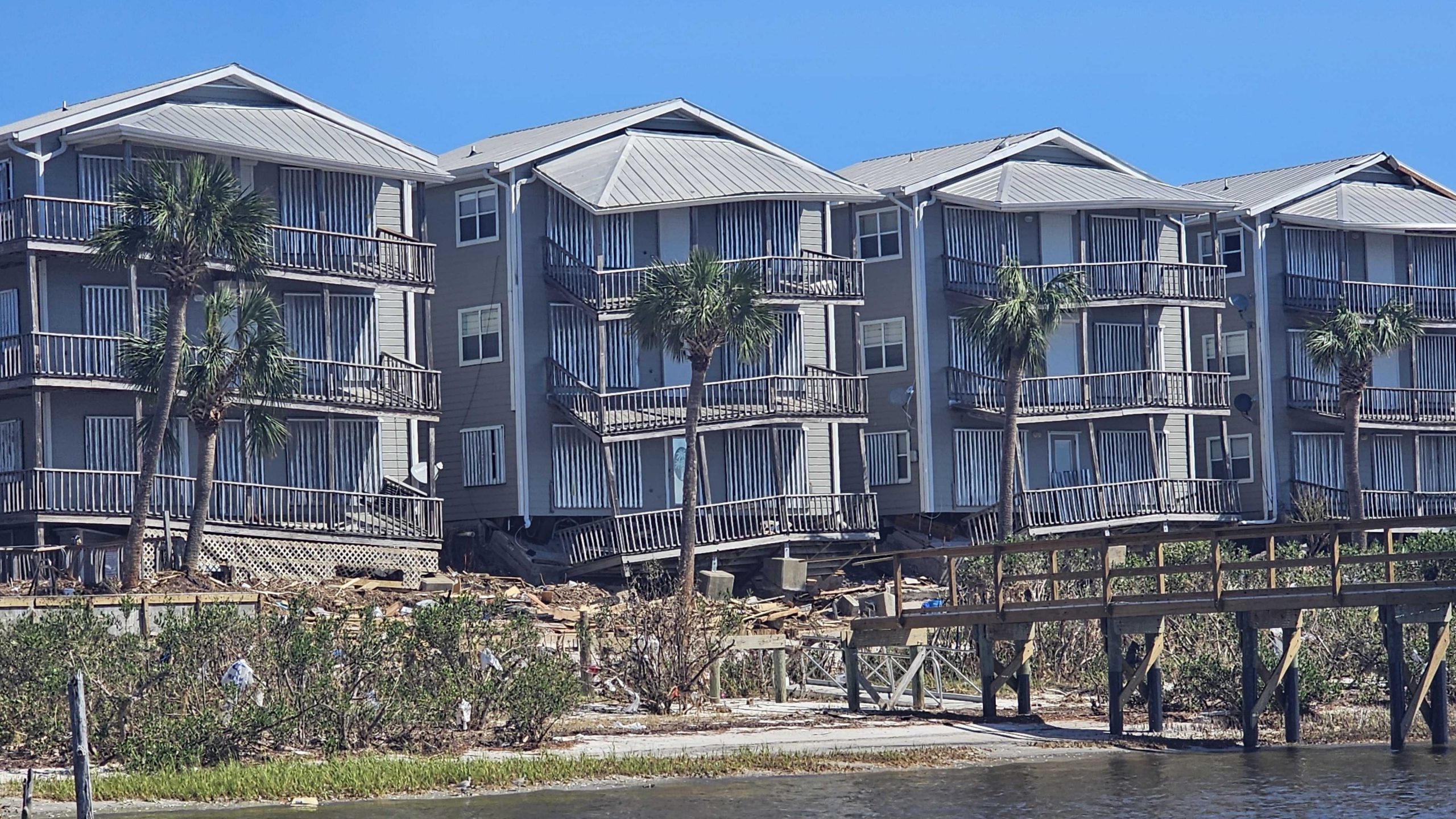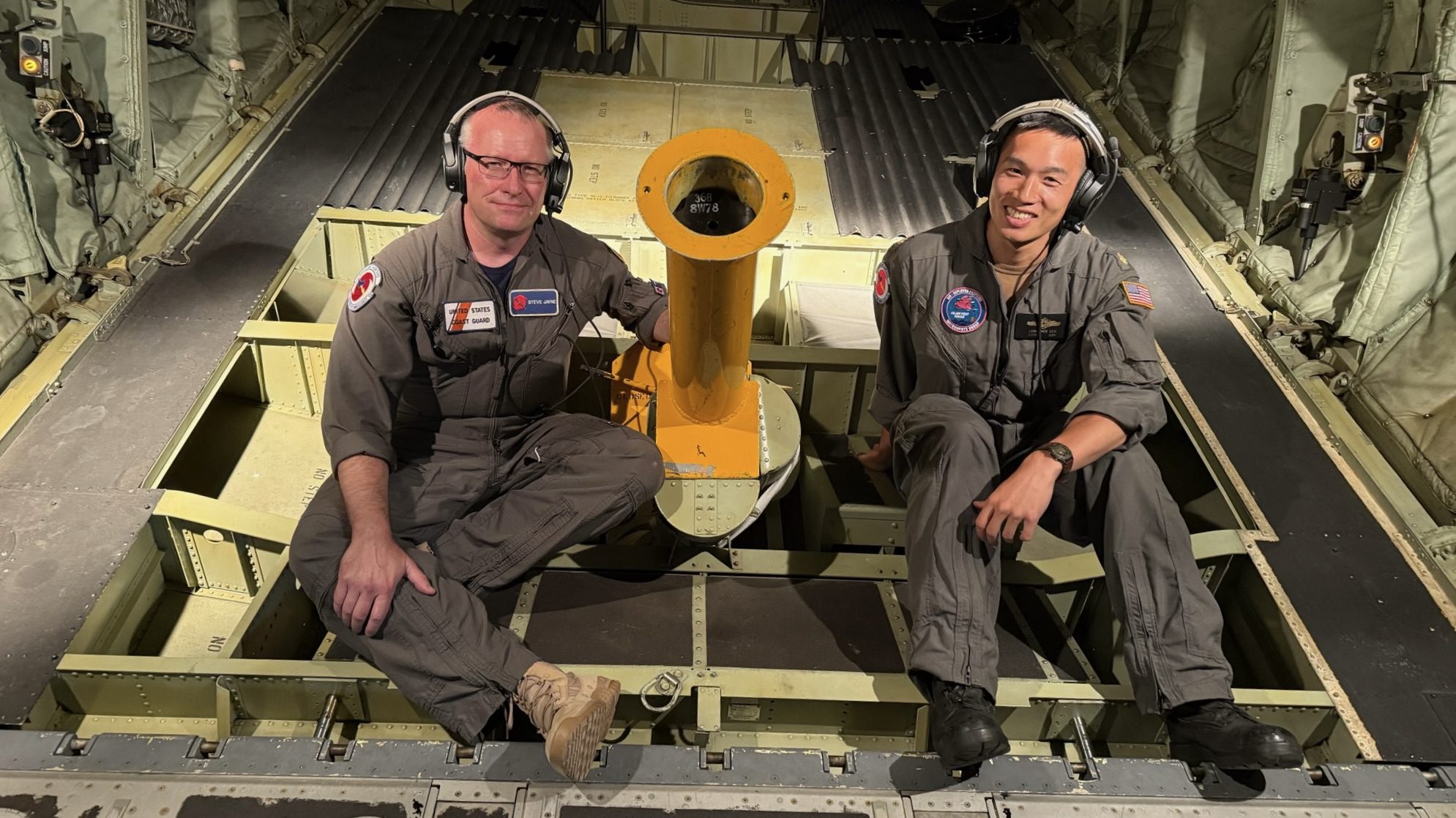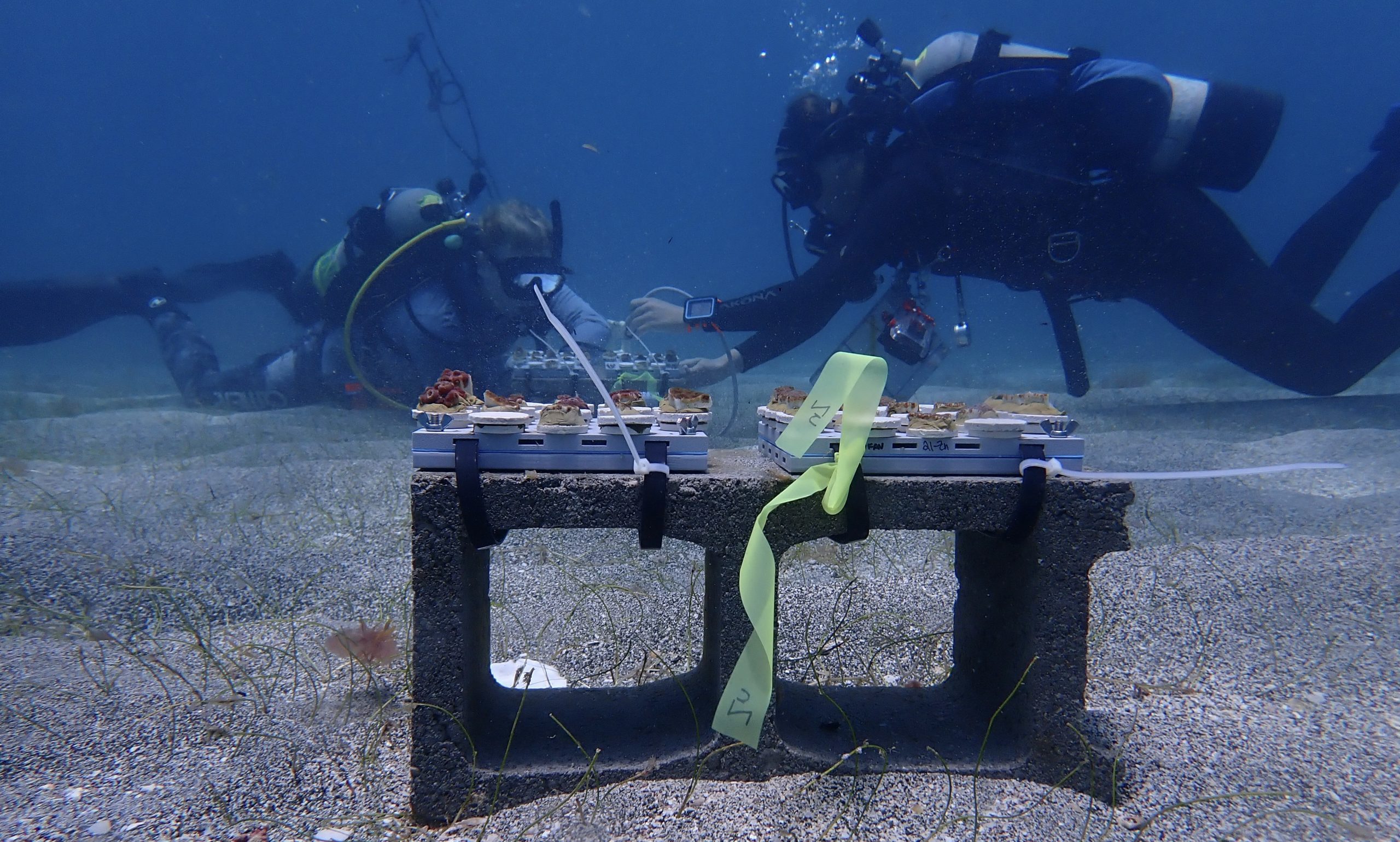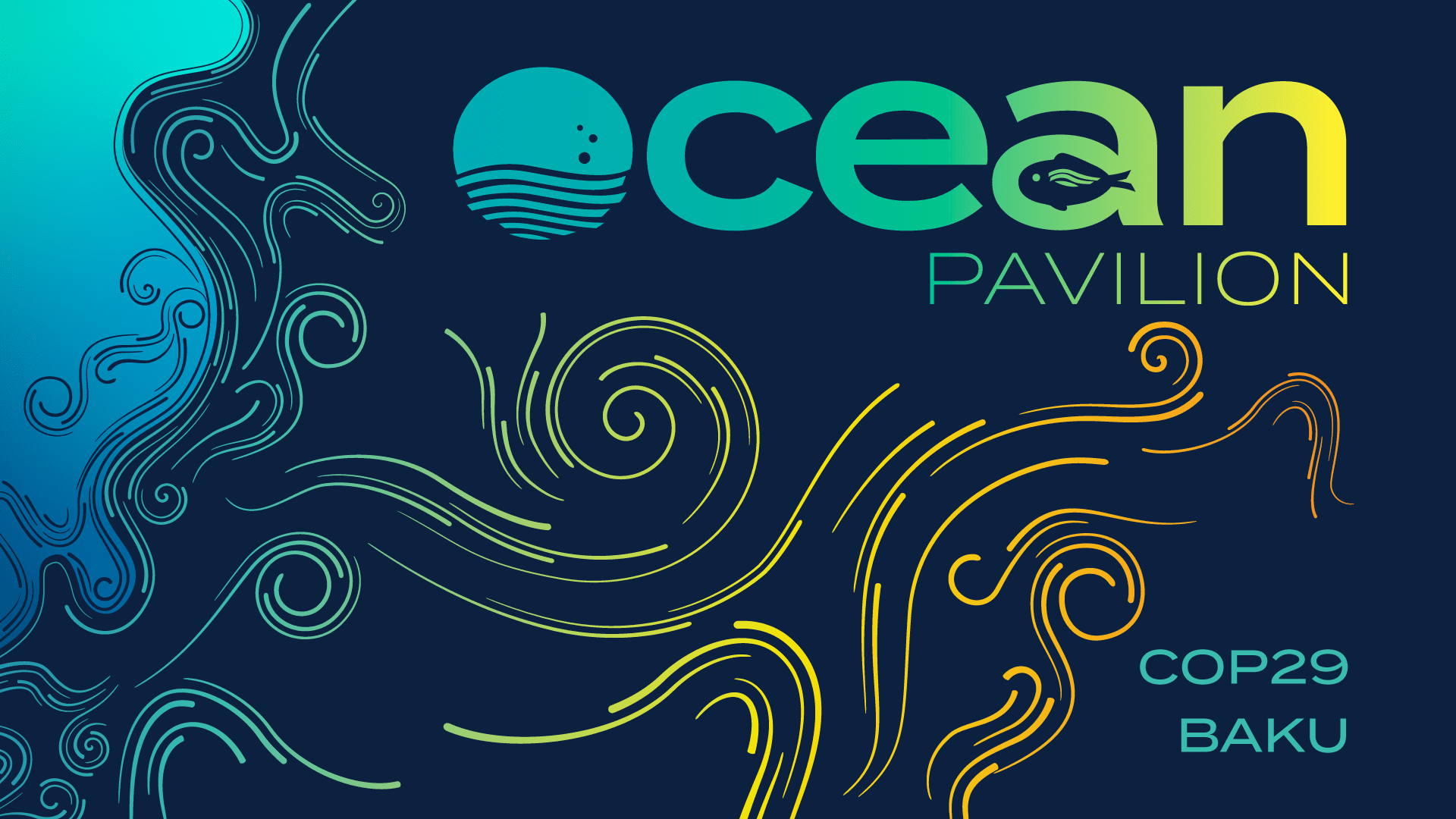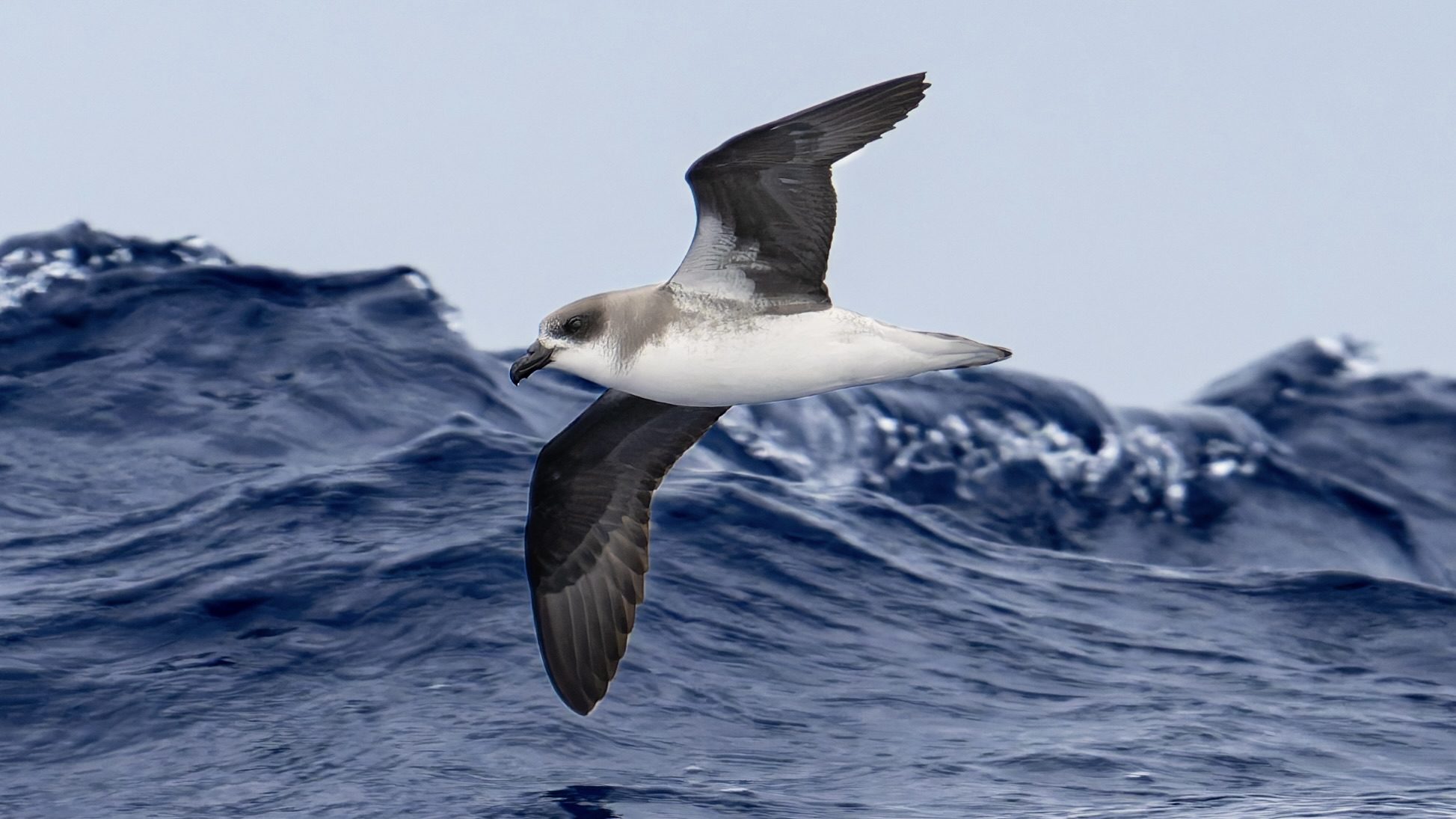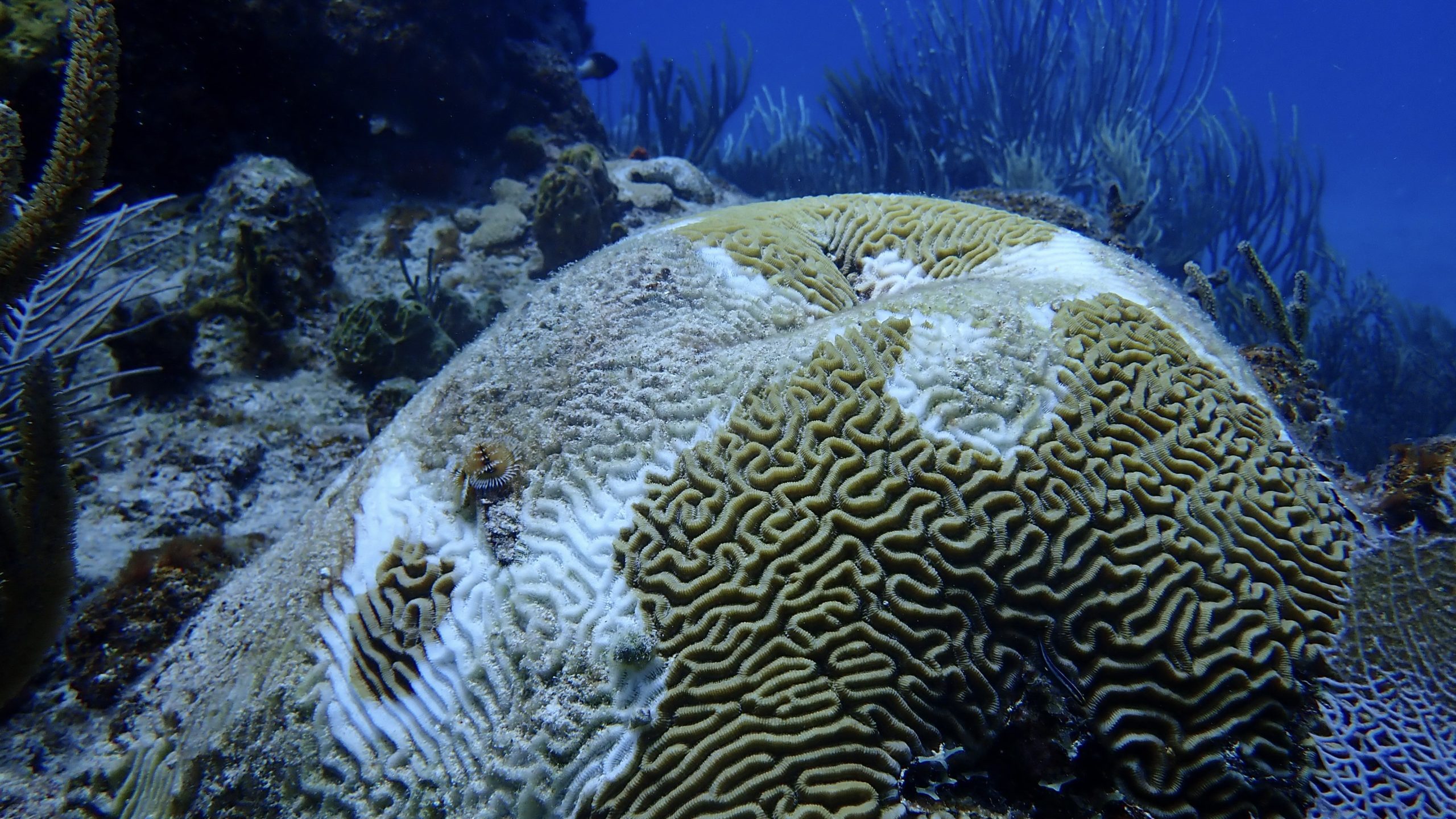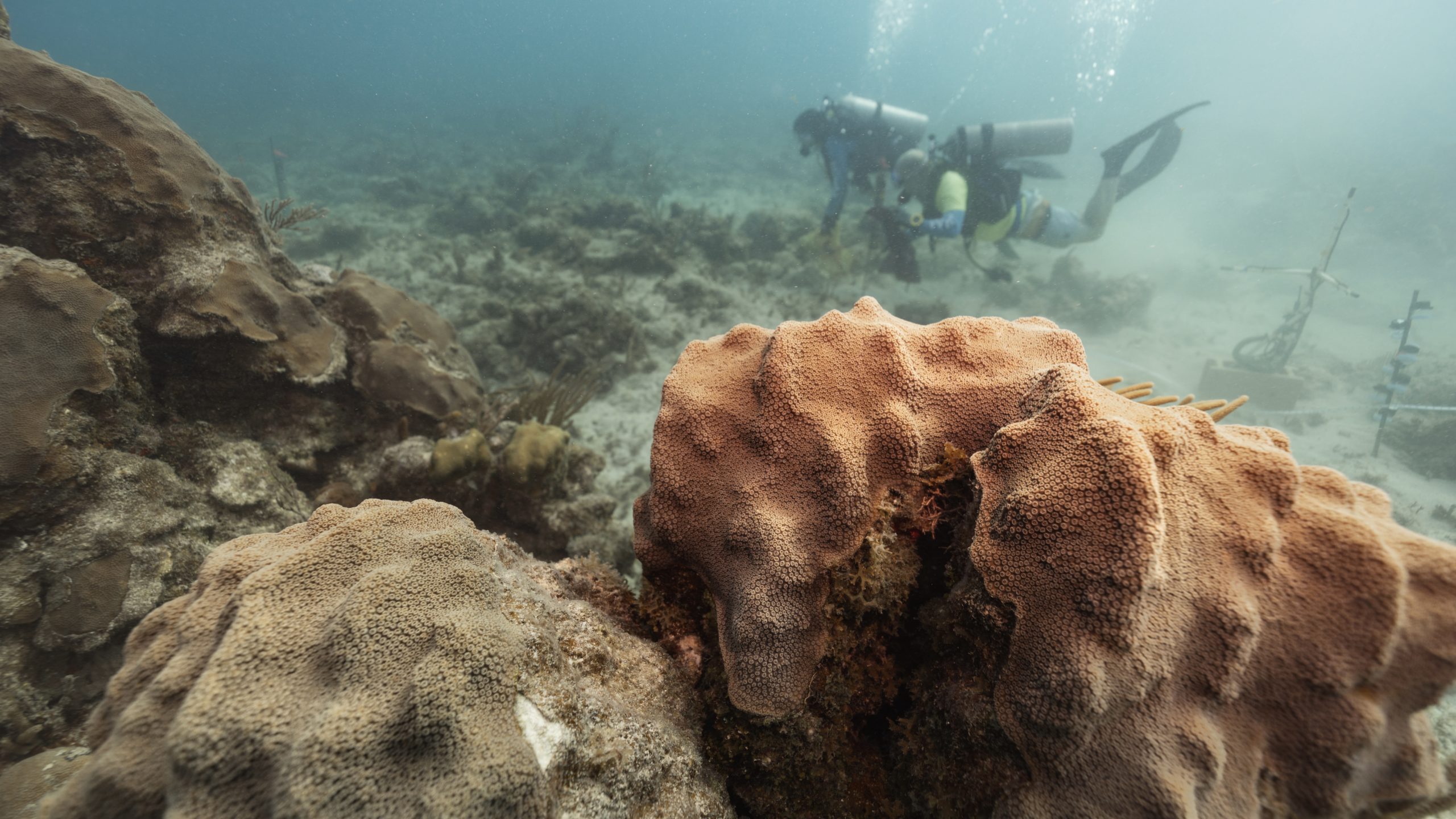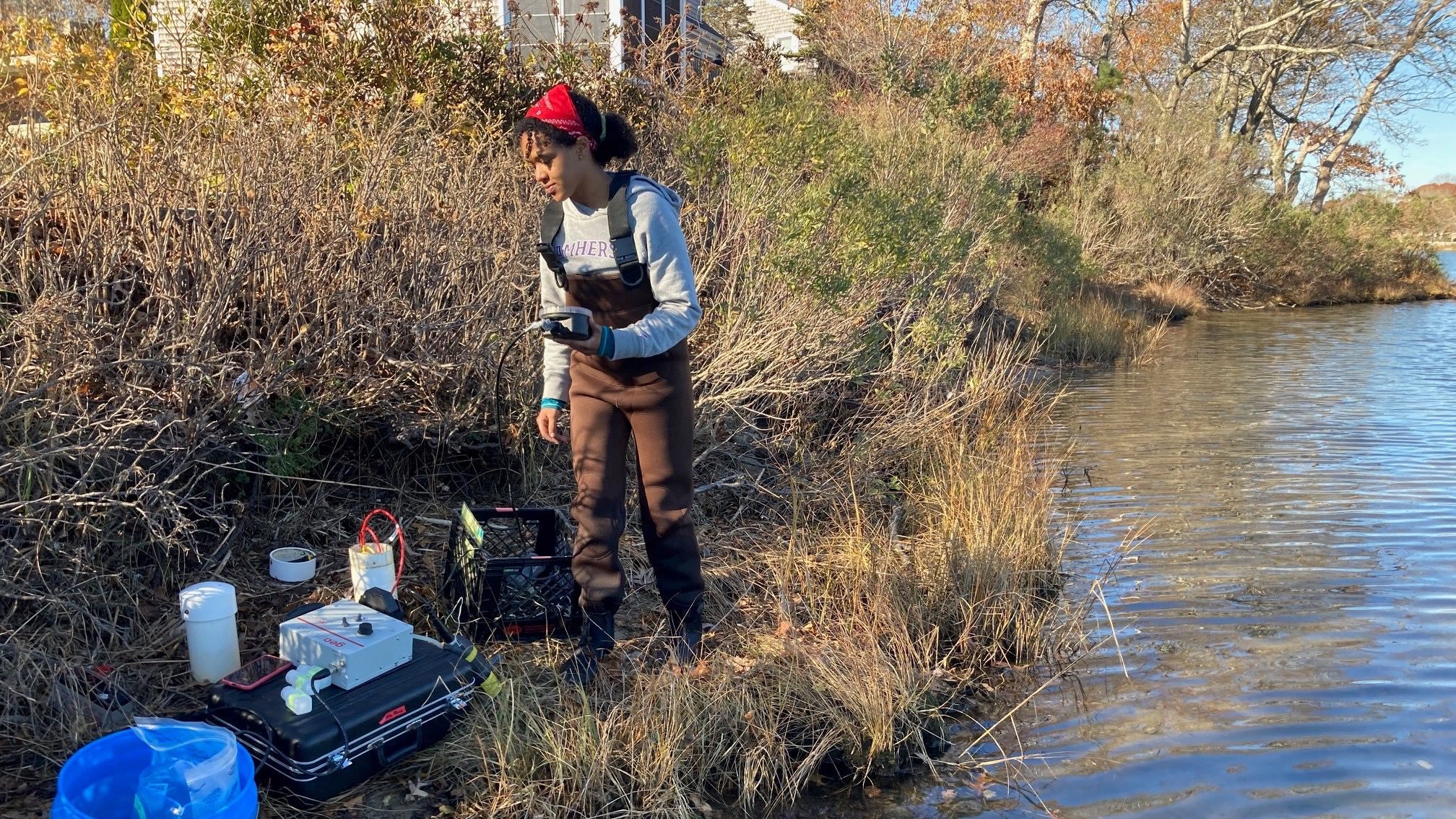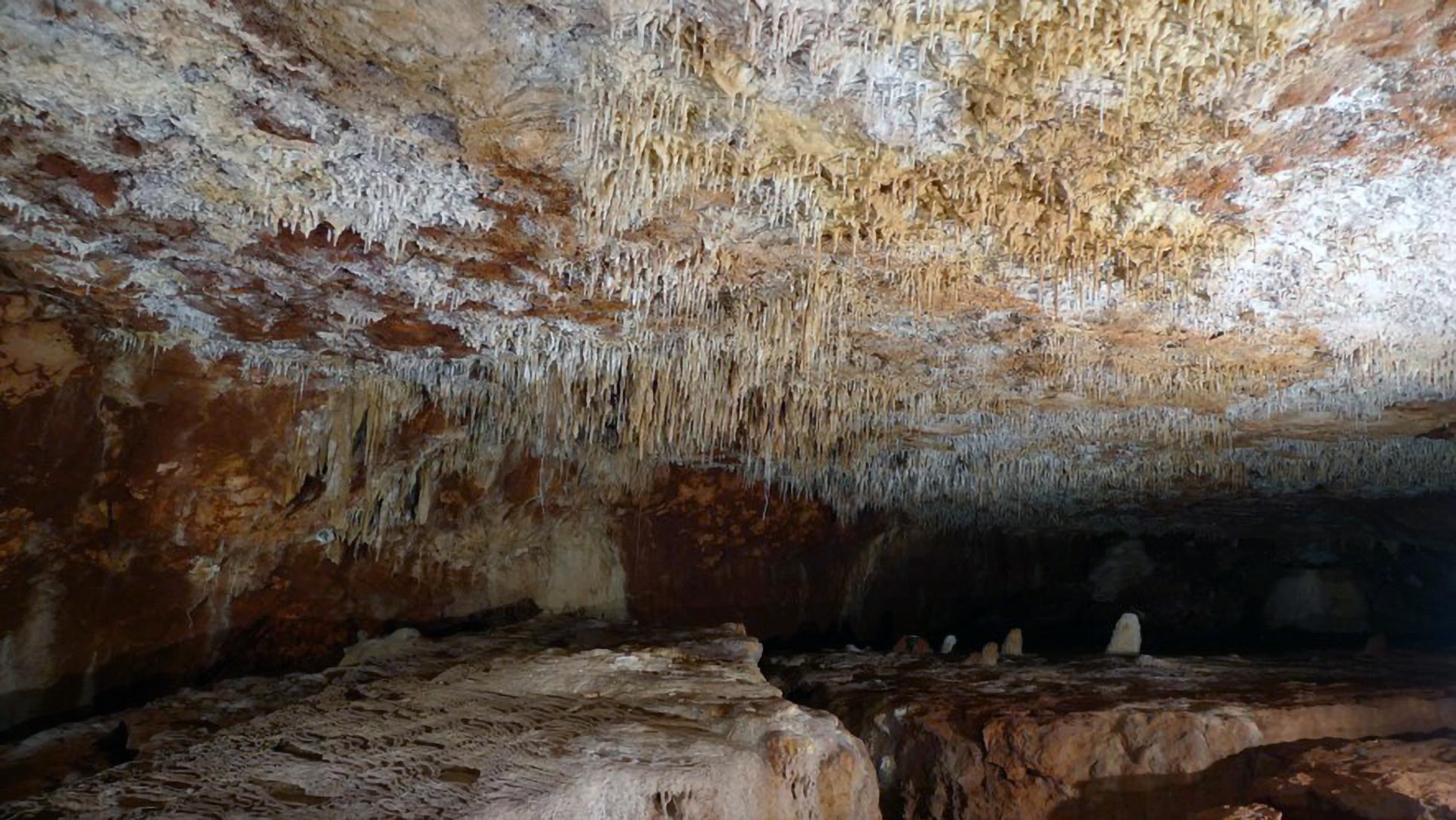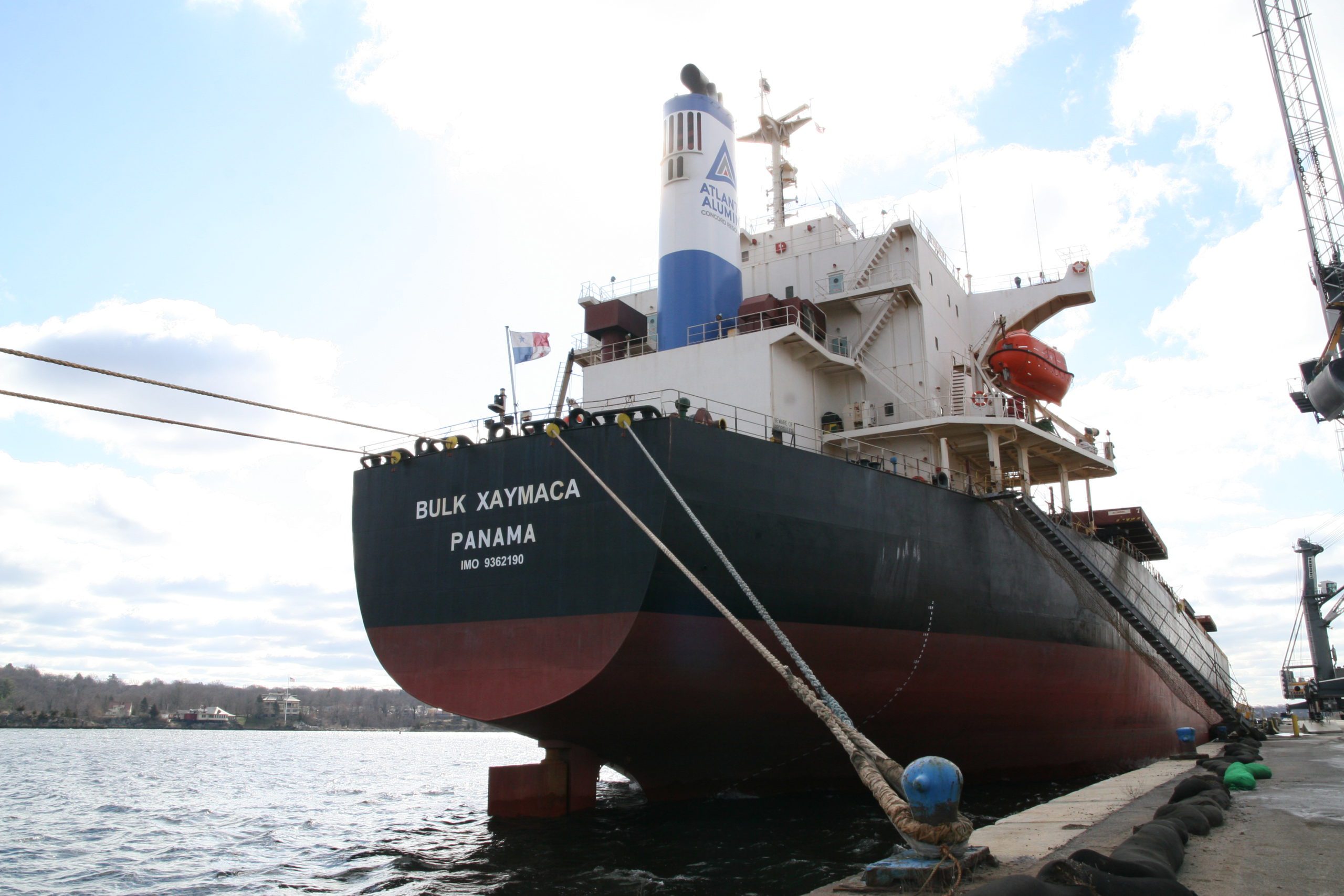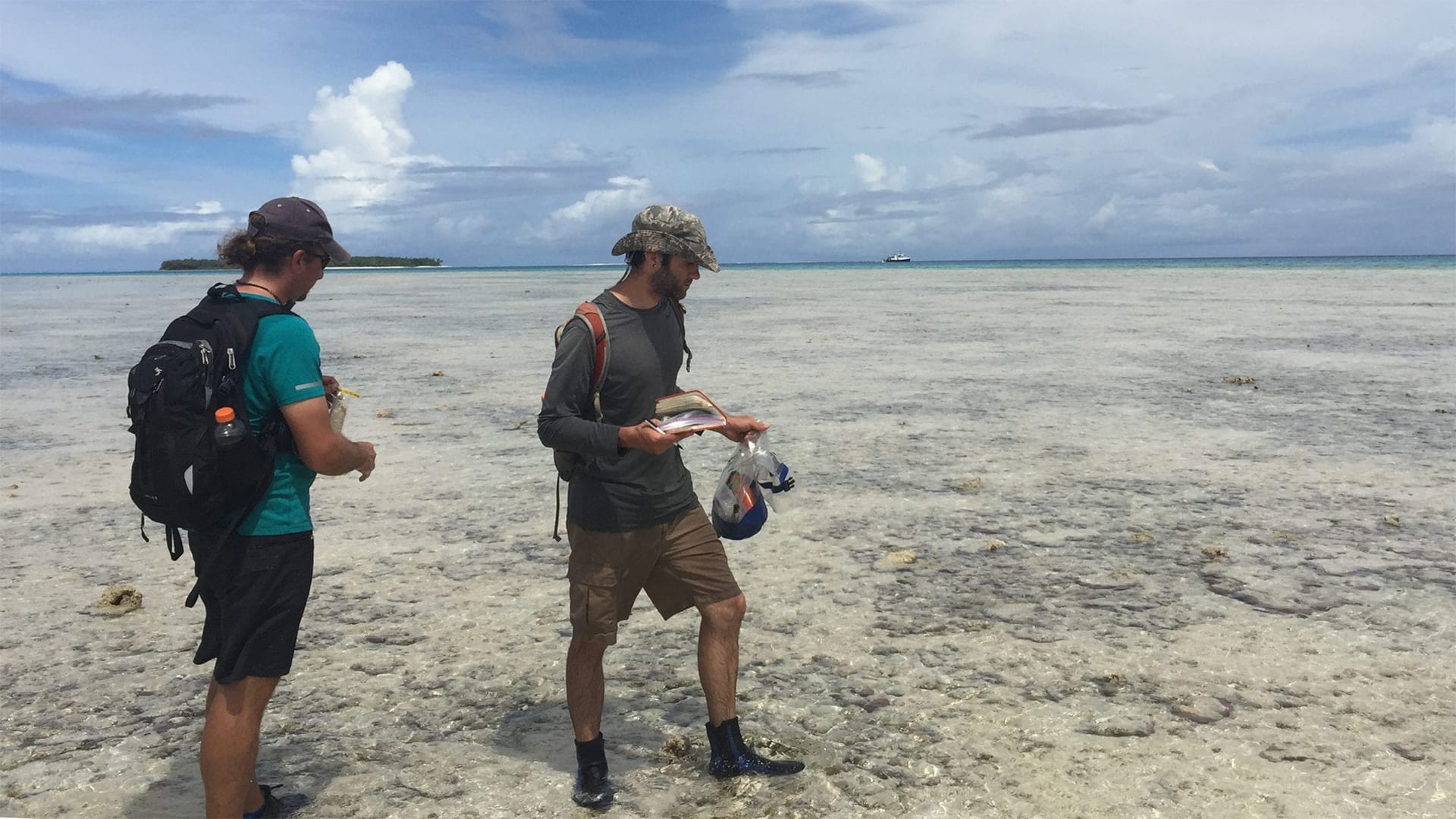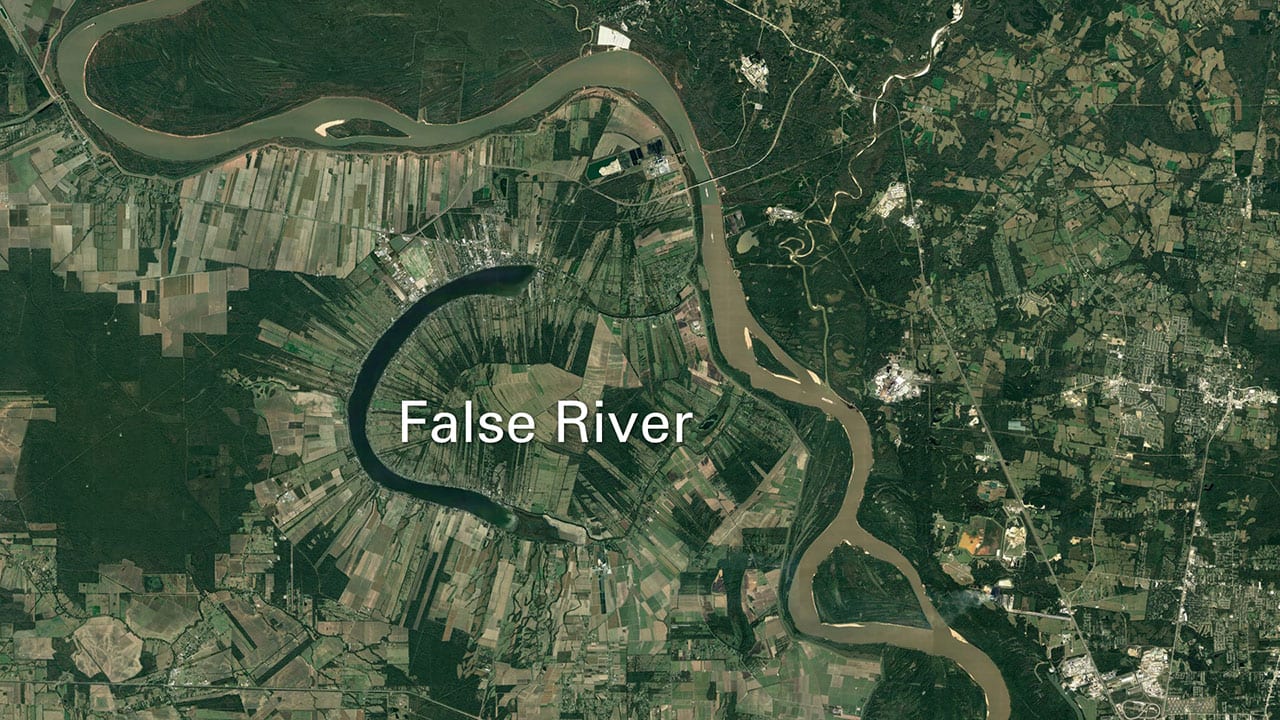News Releases
Multi-disciplinary teams respond to recent hurricanes to measure real time impacts of storm surge, waves
A joint team, including WHOI researchers, recently mobilized to investigate the real-time impacts of storm surge and waves from Hurricanes Helene and Milton.
Read MoreMonster hurricanes reached U.S. during prehistoric periods of ocean warming
Intense hurricanes, possibly more powerful than any storms New England has experienced in recorded history, frequently pounded the region during the first millennium, from the peak of the Roman Empire into the height of the Middle Ages, according to a new study. The findings could have implications for the intensity and frequency of hurricanes the U.S. could experience as ocean temperatures increase as a result of climate change, according to the study’s authors.
Read MoreHurricanes and the Coastal Zone
With hurricane season arriving June 1, along with predictions of an above normal number of major storms in the Atlantic and Gulf States, understanding how the ocean and atmospheric interact…
Read MoreClues from Past Hurricanes Help Assess Future Storm Risks
Reconstructing the history and intensity of hurricanes is useful when assessing future risks of these extreme events in coastal regions. Previous studies of North Atlantic hurricane activity have identified many…
Read MoreNew program aims to improve hurricane predictions with ocean data
The coordinated combination of in situ observations, satellites, and high-resolution models will allow us to fill gaps in our knowledge of air-sea interactions.
Read MoreWoods Hole Oceanographic Institution takes home two Telly Awards
Annual award honors video and television excellence across all screens
Read MoreCould a multivitamin help save coral reefs? Preliminary data says yes
Scientists from Woods Hole Oceanographic Institution partner with the University of the Virgin Islands to create a resilient artificial reef
Read MoreThe Ocean Pavilion Returns to International Climate Conference for a Third Year
Leading science institutions and partners will make the case for greater inclusion of the ocean at COP29
Read MoreGroundbreaking Study Reveals Oceanic Seabirds Chase Tropical Cyclones
A new study reveals that the rare Desertas Petrels, a wide-ranging seabird in the North Atlantic, exhibit unique foraging behaviors during hurricane season.
Read MoreStudy: eDNA methods give a real-time look at coral reef health
Researchers from WHOI studied the microbes in coral reef water by examining eight reefs in the U.S. Virgin Islands over a period of seven years, which included periods of hurricane and coral disease disturbance.
Read MoreSonic Youth: Healthy Reef Sounds Increase Coral Settlement
Researchers at WHOI demonstrated that replaying healthy reef sounds could potentially be used to encourage coral larvae to recolonize damaged or degraded reefs.
Read MoreWHOI Sea Grant commits $1.7 million to coastal research
The funding will support five major projects from watershed contaminant monitoring to data collection for sustainable fisheries and more
Read MoreResearch reveals new links behind climate change in Australia
A team of scientists, including those from Woods Hole Oceanographic Institution (WHOI), have combined stalagmites and climate model simulations to reveal links between monsoon rains and tropical cyclones in Australia.
Read MoreWHOI & Pangaea Logistics Solutions to advance ocean science data acquisition through Science RoCS program
WHOI and Pangaea Logistics Solutions (Pangaea), a U.S. based, international maritime and logistics transportation company, today announced the launch of a new science program aboard Pangaea’s fleet of ships. Science RoCS (Science Research on Commercial Ships) is an innovative program pairing scientists with commercial vessels to regularly monitor the vast and open ocean, particularly along repeat routes in hard-to-reach areas where critical gaps in monitoring exist.
Read MoreStudy reconstructs ancient storms to predict changes in a cyclone hotspot
Intense tropical cyclones are expected to become more frequent as climate change increases temperatures in the Pacific Ocean. But not every area will experience storms of the same magnitude
Read MoreHuman-Engineered Changes on Mississippi River Increased Extreme Floods
Over the last century, many of the world’s major rivers have been modified for the purposes of flood control, power generation, and commercial navigation. A new study out of Woods Hole Oceanographic Institution suggests that engineering modifications to the Mississippi River interact with the have increased the risk of extreme floods to unprecedented levels.
Read MoreChief of Naval Operations Visits WHOI
Global ocean research projects and marine technology advances were among the topics presented on September 9 when the Chief of Naval Operations (CNO), Admiral John Richardson, paid a visit to WHOI.
Read MoreWHOI Receives $150,000 Grant from Tower Foundation
The Peter and Elizabeth C. Tower Foundation has awarded the Woods Hole Oceanographic Institution (WHOI) a $150,000 grant that will help fund a three-year collaborative project with Cape Abilities—a nonprofit organization dedicated to finding good jobs for Cape Cod residents with disabilities.
Read MoreWHOI Scientists Receive $1 Million Grant from MacArthur Foundation
Rapid climate change and an increasing range of climate impacts are already being felt along our coasts, and new research suggests that U.S. Northeast coastal waters may be more vulnerable…
Read MoreHandbook Helping Bay State Residents Prepare for Coastal Hazards Released
With the official start of hurricane season set to begin June 1, the Massachusetts Homeowner’s Handbook to Prepare for Coastal Hazards is now available, marking National Hurricane Preparedness Week. While…
Read MoreScientists Uncover Diversion of Gulf Stream Path in Late 2011
The Gulf Stream moved well north of its normal path in early November and mid-December of 2011, causing warmer-than-usual ocean temperatures along the New England continental shelf.
Read More
